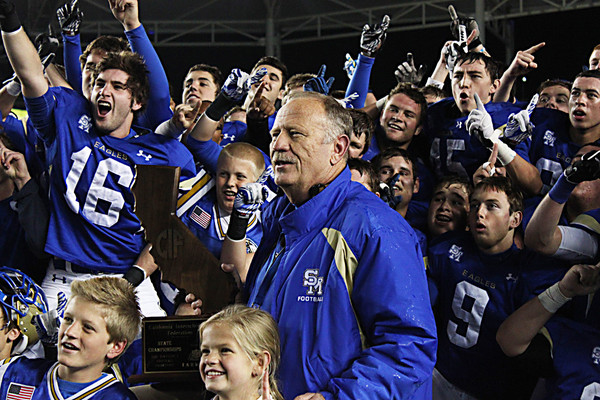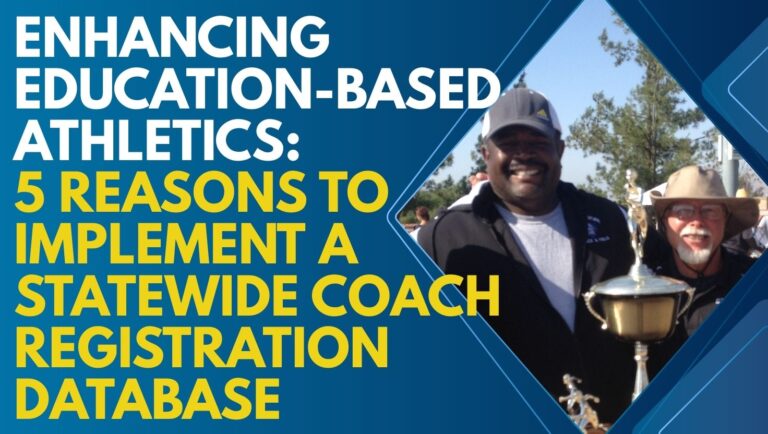
Change the coach and the ripple starts immediately. Expectations shift, the dressing room mood tilts, and the odds boards flicker. Bookmakers move fast, trimming prices and nudging implied probabilities within hours, sometimes minutes. A midseason appointment can jolt results almost overnight, although the direction and duration of that jolt are anything but consistent.
Data across the last five years in European football and the major US leagues points to a clear spike in market volatility in the first fixture after an announcement. Routines are knocked off balance and yesterday’s projections begin to look stale. Patterns that felt stable suddenly don’t. The industry has learned to treat these moments as genuine market events, not footnotes, because they leave a mark long before any new system beds in.
Team volatility after a new coach takes over
The effect on performance tends to show up right away. Players respond to new leadership with what people have started calling the new coach boost. On average, clubs that make a change during a slump show roughly a 15 percent bump in points per match over the next five games. Only about 40 percent keep that level once the initial rush fades. For fans and those following sports betting, these swings create plenty of interest. Analysts pore over lineup choices, formation tweaks, and small shifts in pressing or rest defense.
Some sides look sharper almost instantly. A leading Premier League team that changed managers in October 2023 swung its goal difference by seven across four matches. Others wobble. The subtleties matter more than the slogans. Betting operators track these signals closely, anticipating sharp swings around the announcement and the weeks after, as emotion cools and the tactical reality either takes hold or unravels.How the markets move within hours
Oddsmakers rarely wait for a first match under new management. Once an appointment is confirmed, prices are rebalanced across outrights and the next slate of fixtures. For the sports betting crowd, that can create pockets of value. If the incoming coach has a reputation for conservative setups, totals often tick downward. If the outgoing manager was rigid and the replacement is known as a motivator, spreads may tighten a touch.
In November 2022, league-wide home win odds in the Bundesliga dipped by an average of 0.08 points on the first weekend after changes. That move did not always match what happened on the pitch. Savvier bettors often exploit the brief lag between narrative and reality. Quick reads, informed by the coach’s track record in similar contexts, tend to decide the payoff.
Adjusting strategy for traders and punters
Reacting to headlines is only the first step. The better analysts go deeper than career win percentage. They test how a coach’s style fits the squad on hand, player by player, and they look for echoes from past stops with similar profiles. Bookmakers feed that work into their models, and when a successor is widely expected, prices can start shifting early.
For bettors, the immediate window after the switch is often the most fertile because the market is still sorting storylines from substance. Track the honeymoon for both the surge and the snapback. That said, books know emotion normalizes. Six to ten matches under the new staff generally tell the truer story. Chasing one shock result, without context, usually proves expensive.
After the bounce, how the market settles
The dramatic bounce grabs headlines, but the grind that follows decides where value lives. Academic work in 2021 examining 240 midseason changes in Europe found that early returns beat market expectations in about 35 percent of cases. Over the subsequent ten matches, effects often leveled off or turned slightly negative against longer-run baselines.
Markets adjust. Over time, pricing leans more on the coach’s tactical fit, flexibility, and injury management than on the initial sentiment spike. Bettors have to evolve with it. Some regimes usher in streakiness, big highs followed by cold spells, and that rhythm gets priced once it becomes a pattern. The ritual scapegoating idea raises a fair caution: repeated quick-fire changes can lock clubs into underperformance that bookmakers eventually anticipate. Separate the story from the numbers and value tends to reappear.
Bankroll discipline and a cool head matter most when teams turn the page on the touchline. Results can lurch as ideas are tested and the dressing room settles. Those engaging in sports betting should keep perspective, assess risk carefully, and make informed decisions rather than chasing volatility. Responsible gambling is about recognizing when edge dissolves into guesswork.


